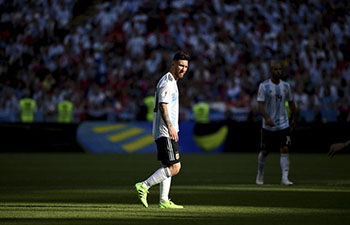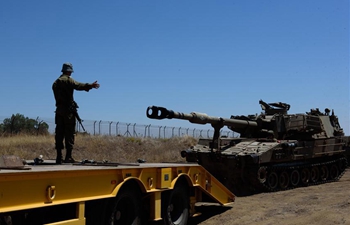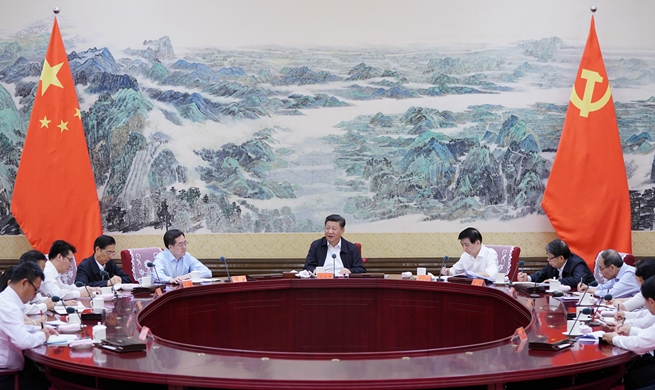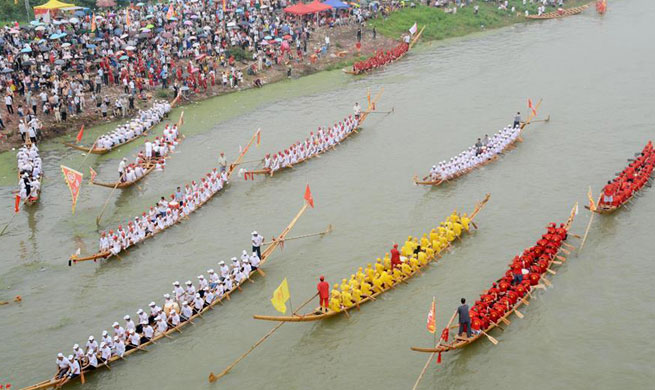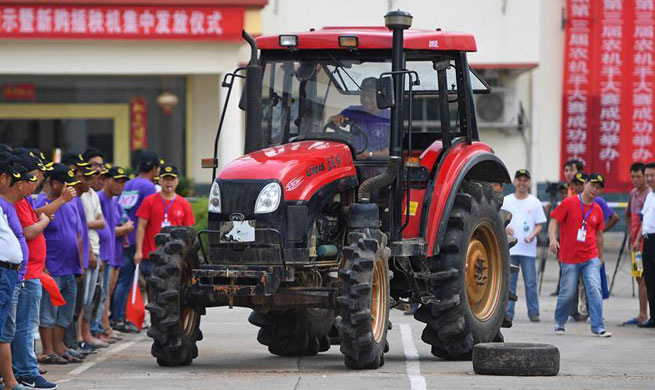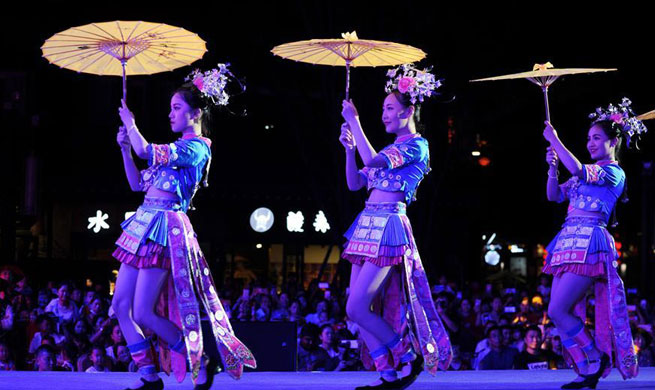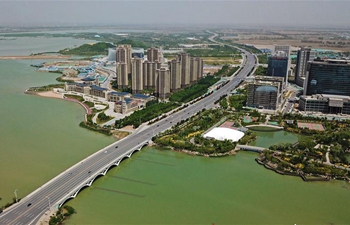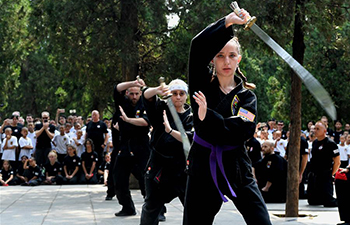SOFIA, July 3 (Xinhua) -- Centrifugal forces in the European Union (EU) and the migration crisis have recently jeopardized the bloc's unity, Bulgarian President Rumen Radev said here on Tuesday.
During Bulgaria's rotating presidency of the Council of the EU in the first half of this year, events critical to the EU have taken place, Radev said.
"There are centrifugal forces in the EU that call into question its current architecture and, according to some European politicians, even its existence," Radev said in a keynote speech at a conference to mark the conclusion of the six-month Bulgarian EU presidency.
Providing a tangible European perspective for the Western Balkans was undoubtedly an important priority, Radev said.
"However, over time, it has been overtaken by the EU agenda and by the critical issue of the united Europe, its unity, solidarity and future," Radev said.
Europe now talks about migration, which "challenges the values and the future of the EU, challenges whole countries," he said.
"Migration highlighted deep rifts in the EU that threaten its unity," Radev said.
Meanwhile, the political declarations about the state and future of the transatlantic relationship, about the growing economic tensions between the United States and Europe, have made a clear signal that the European security system has faced a new turning period, Radev said.
"CENTRIFUGAL FORCES"
The future of European security and European defense capacity has been decided in a narrow format that has helped to develop centrifugal forces in Europe, Radev said.
Last Monday, without Bulgaria's participation, nine EU member states agreed to form a new military intervention force, Radev said.
"If we carefully read the non-paper of this new initiative, we will see that it develops entirely outside the framework of the EU's common security and defense policy," Radev said.
It was about much deeper things, about the formation of a new European strategic culture, intelligence sharing within this new framework, strategic analysis and planning within this new framework, and exchange of directives and doctrines again in this framework, and joint training inside it, Radev said.
